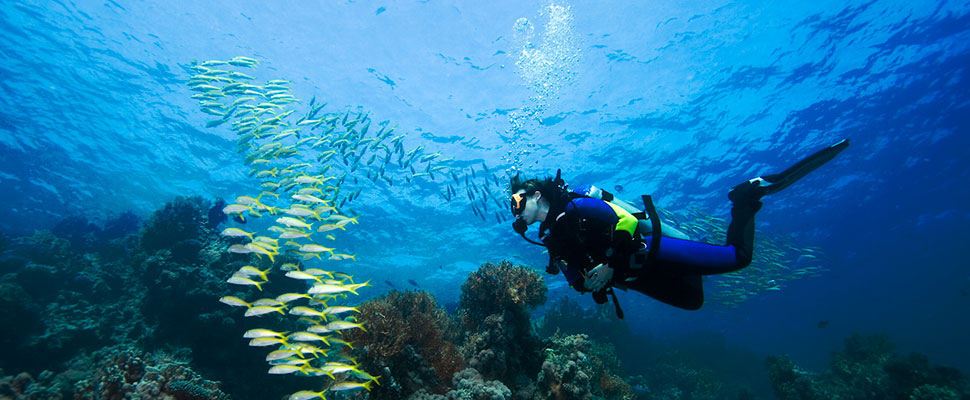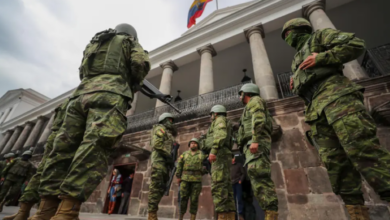Top 6 diving spots in Latin America


If you love to live an adventurous life near the ocean, this article may help you when booking your next vacation
Latin America has some of the most affordable snorkeling and diving sites on earth. Almost the entire Caribbean coast has nearly some sort of reef, including the world’s second largest that goes along the shores of Honduras and Belize. Some of them might be popular, some might not, like Malpelo Island in Colombia, where adroit divers can enjoy this UNESCO heritage.
Colombia’s Malpelo Islands – Declared a UNESCO world heritage site, Malpelo Island is isolated and pricey but is a one of kind place 300 miles from the Colombian coast. It is mainly recommended for skillful and advanced divers as there are steep cliffs and sea caves dominate this marine sanctuary.
Belize’s Ambergris Caye – It’s a 185-mile barrier reef, that includes famous sites like the Lighthouse reef, the Hol Chan Marine Reserve, and the Turneffe Islands. The reef sits just a couple minutes off shore from this small island.
Honduras’ Cayos Cochinos – It’s an accessible shallow reef with tiny caves; it covers miles and are perfect to explore the surroundings of the coast of Honduras. These vigorously protected waters are home to rays, seahorses, octopuses, squid, and much more. Stick around and sign up for an expedition with the HCRF Marine Research Center.
Ecuador’s Galapagos Islands – This world’s premier wildlife watching site that houses the Wolf and Darwin Islands will allow you to swim with sea lions and marine iguanas. As well as enjoy the company of countless endemic species.
Costa Rica’s Cocos Island – Is a tiny island located 300 miles from the coast. You will enjoy 27 endemic fish species, as hammerheads, manta rays, white tip reef sharks, giant moray eels, and green sea turtles.
Mexico’s Sea of Cortez – This sea is a body of water located between Baja and the mainland Mexican coast. There are more than 850 species of reef fish, hammerheads, Orcas, whale sharks, whales, sea lions and dolphins.
LatinAmerican post | Daniel Posada
Copy edited by Susana Cicchetto





